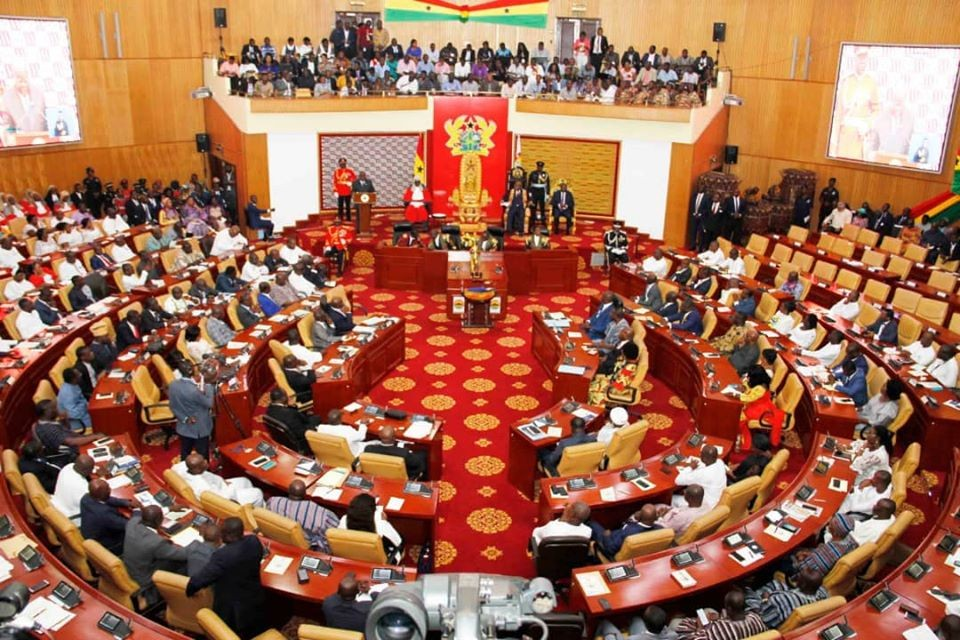Enhancing Road Privileges for MPs and Ministers: A Controversial Move

In a recent move, Ghanaian Parliament has proposed amendments to the Road Traffic Regulations 2012 through a Legislative Instrument (L.I). These changes, if approved, will grant Members of Parliament (MPs) and Ministers of State privileges that were previously reserved for emergency and specialized vehicles. Here are the key points:
Sirens and Bells for MPs and Ministers:
The proposed amendment to Regulation 74 of LI 2180 allows MPs, Ministers of State, and even justices of the Supreme Court to fit sirens or bells as warning appliances on their vehicles.
This means that these high-ranking officials can now use sirens to navigate through traffic, potentially raising concerns about safety and fairness.
Exemption from Speed Limits:
Regulation 166 of LI 2180 will no longer apply speed limit regulations to MPs and Ministers of State.
While this move aims to facilitate their official duties, it also raises questions about accountability and road safety.
Controversy and Public Reaction:
Unsurprisingly, this proposal has sparked controversy. Critics argue that granting such privileges to MPs and Ministers could exacerbate traffic congestion and endanger other road users.
Some citizens view this as preferential treatment, especially considering the challenges faced by ordinary commuters.
Historic Approval of a Private Member’s Bill:
The Road Traffic (Amendment) Bill 2020, which introduced stiffer penalties for road traffic offenders, was a significant milestone.
Notably, this bill was proposed by MPs themselves, marking the first time a private member’s bill received parliamentary approval.
Balancing Privilege and Responsibility:
While MPs and Ministers play crucial roles in governance, ensuring their safety and efficiency should not come at the expense of public safety.
Striking the right balance between privilege and responsibility remains a challenge.
In conclusion, Ghana’s proposed amendments to road traffic regulations have ignited debates about fairness, accountability, and the delicate balance between official duties and public interest. As Parliament deliberates, citizens eagerly await the outcome, hoping for a solution that prioritizes safety while respecting the roles of MPs and Ministers.



0 Comments
No comments yet, be the first to comment